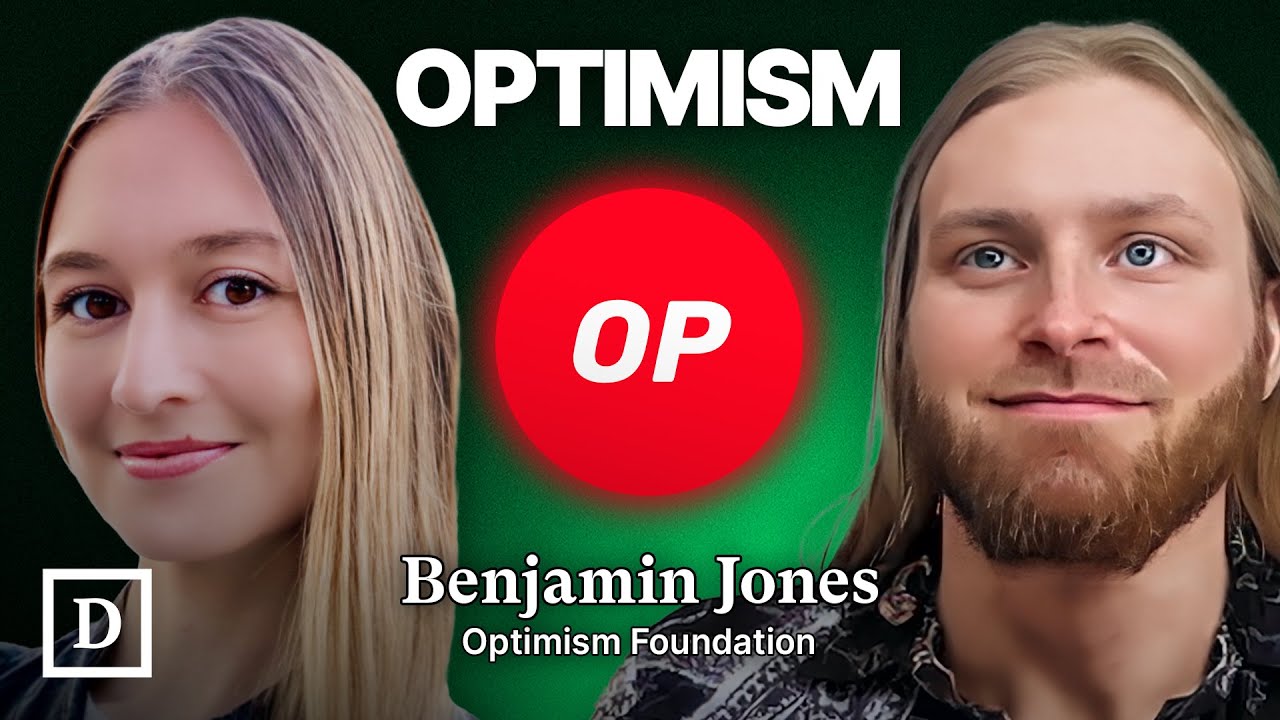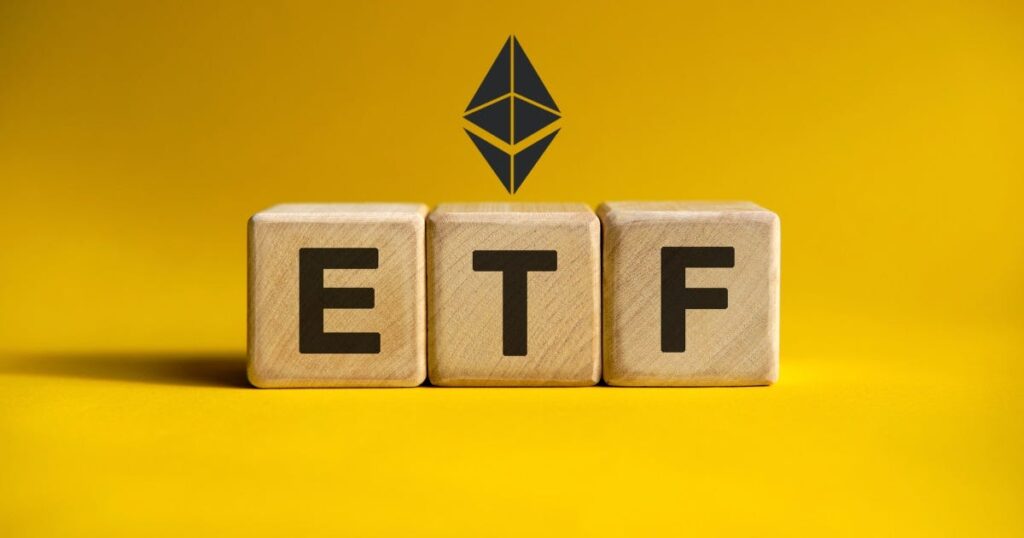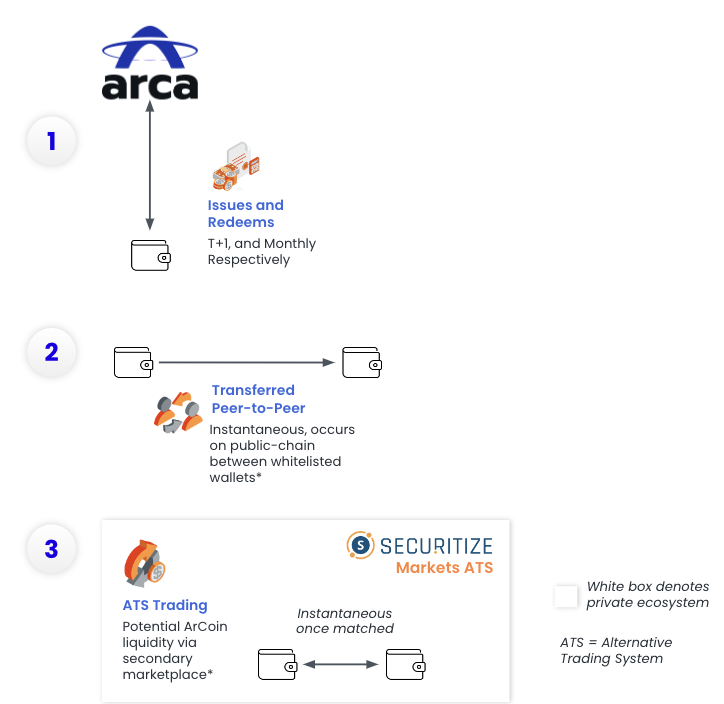Podcast Summary
In this podcast episode, Ben Jones, co-founder and director of the Optimism Foundation, discusses the concept of a “super chain,” Ethereum scaling solutions, and the importance of open-source software. He also delves into the challenges of applying both open source and traditional web 2.0 business models in the context of web 3.0.
Key Takeaways
Concept of a Super Chain
- Super Chain: The goal of Optimism is to create a “super chain,” a governance system for multiple chains that share security from Ethereum. This aims to expand Ethereum’s capabilities by allowing for parallelization and reducing congestion and gas fees.
- Security: The super chain achieves this by creating a network of multiple chains that inherit security from Ethereum, rather than dividing the security between chains.
Open Source and Web 3.0
- Open Source: Jones argues that valuable code should be open source in the web 3.0 era, as it allows for a community of contributors to improve the software. This approach is seen as a competitive advantage and a self-interested sustainability decision.
- Web 3.0: The podcast discusses the challenges of applying both open source and traditional web 2.0 business models in the context of web 3.0.
Ethereum Scaling Solutions
- Rollups: The podcast mentions two main variations of rollups for Ethereum scaling: optimistic rollups and zero-knowledge proofs or zero knowledge proof-based rollups. These are ways to accomplish Layer Two scaling by rolling up transactions and only publishing the data on the Ethereum pipe, while allowing the execution of those transactions to happen off-chain.
- Proof Systems: Proof systems, such as ZK and optimistic proofs, are used to communicate the state of the rollup chain to layer one Ethereum without requiring layer one to execute all the ledger updates.
Interoperability and Chain Abstraction
- Interoperability: The podcast discusses the potential of building applications across multiple chains and the challenges of latency and communication between chains. Interoperability is a key aspect of connecting these chains, and standardization is necessary to facilitate frictionless asset transfers between chains.
- Chain Abstraction: The wallet experience needs to be overhauled so that it is not tied to a specific chain, enabling users to seamlessly interact with different chains. Collaboration with projects like Base (Coinbase) is essential for creating a seamless wallet experience and improving chain abstraction.
Retroactive Public Goods Funding
- Retroactive Funding: Retroactive public goods funding, also known as retr funding, is a program initiated by Optimism to reward creators of open-source code and incentivize contributions to the Super Chain. The goal of retr funding is to provide a business model for open-source software creators and contribute to the success of the entire industry.
Sentiment Analysis
- Bullish: The overall sentiment of the podcast is bullish, with Jones expressing optimism about the potential of the super chain concept, the benefits of open-source software, and the future of Ethereum scaling solutions. He also highlights the importance of being prepared for different futures and the need to adapt to different trade-offs.
- Neutral: While Jones is optimistic about the future of Ethereum and the super chain, he also azero-knowledge proofsnowledges the challenges and uncertainties in achieving interoperability, improving user experience, and ensuring security. This balanced view contributes to a neutral sentiment.













